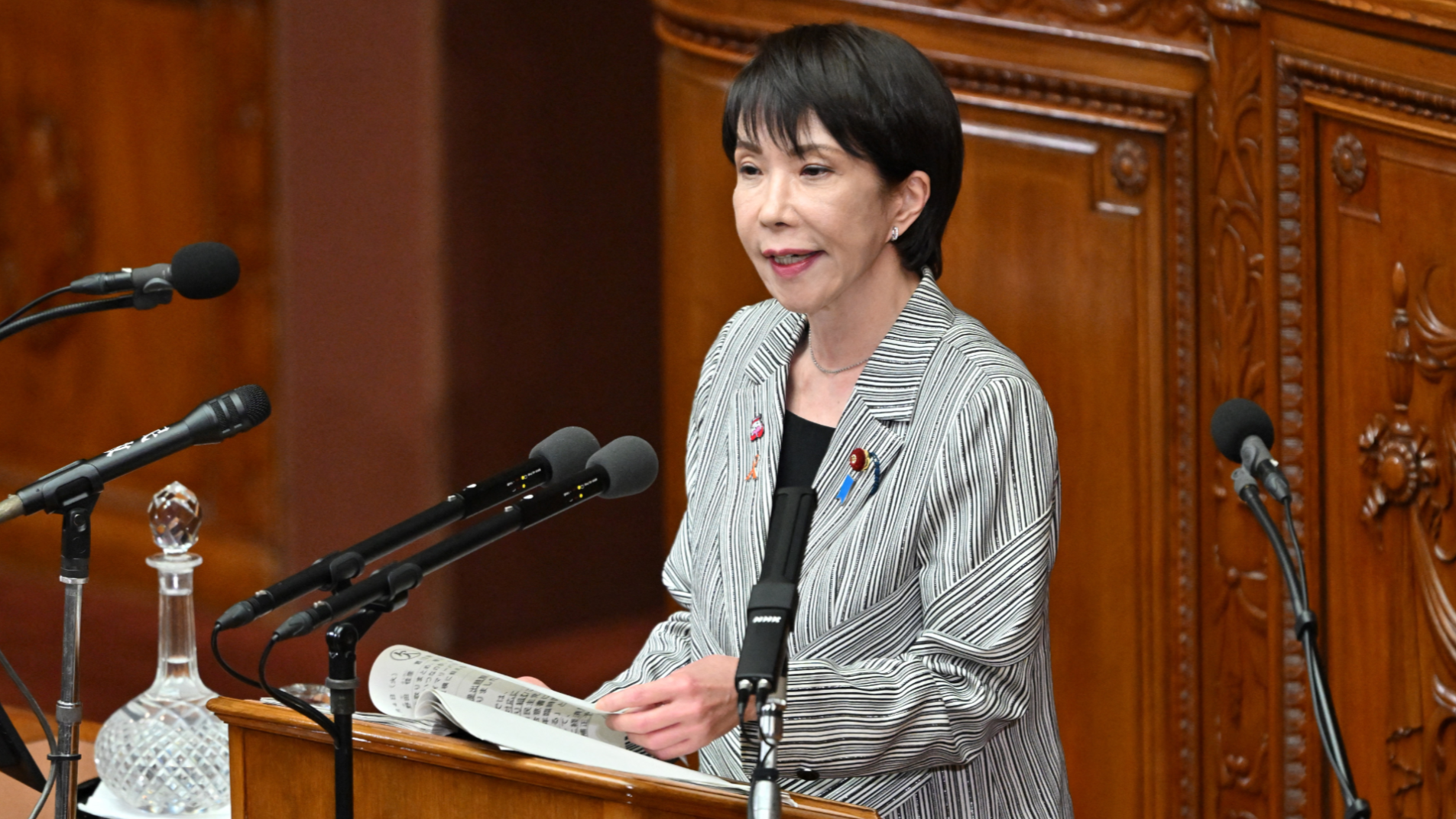
Japanese Prime Minister Sanae Takaichi’s government is mulling an extra budget for the current fiscal year which will be larger than last year’s, according to local media reports.
The Finance Ministry plans an economic package worth about ¥17 trillion ($110 billion), the Nikkei reported on Saturday, without identifying its sources. The supplementary budget to fund the spending is expected to reach about ¥14 trillion, exceeding last year’s ¥13.9 trillion compiled under former Prime Minister Shigeru Ishiba, the report said.
Earlier, Kyodo News reported that the extra budget will likely exceed the previous year’s. The larger spending underscores Takaichi’s approach to what she calls “responsible and expansionary finance,” signaling her readiness to lean more heavily on fiscal policy to support growth.
A portion of the package will go toward price relief, including additional subsidies for winter utility bills. Electricity and gas subsidies this winter will exceed ¥2,000 per household per month, doubling the level provided in summer, according to Nikkei.
ALSO READ: Beijing: Japan to pay heavy price if it meddles in Taiwan Strait by force
To counter inflation, the government is also considering rice vouchers, targeted regional aid and reduced gasoline taxes. Such steps will be central to Takaichi’s aim to calm voter frustration after rising prices and stagnant real wage growth contributed to the downfall of predecessors Ishiba and Fumio Kishida.
Economists surveyed by Bloomberg expect around ¥15 trillion in fresh spending to bolster the economy. Anticipation that the package will require additional bond issuance has already nudged yields higher and added pressure on the yen.


